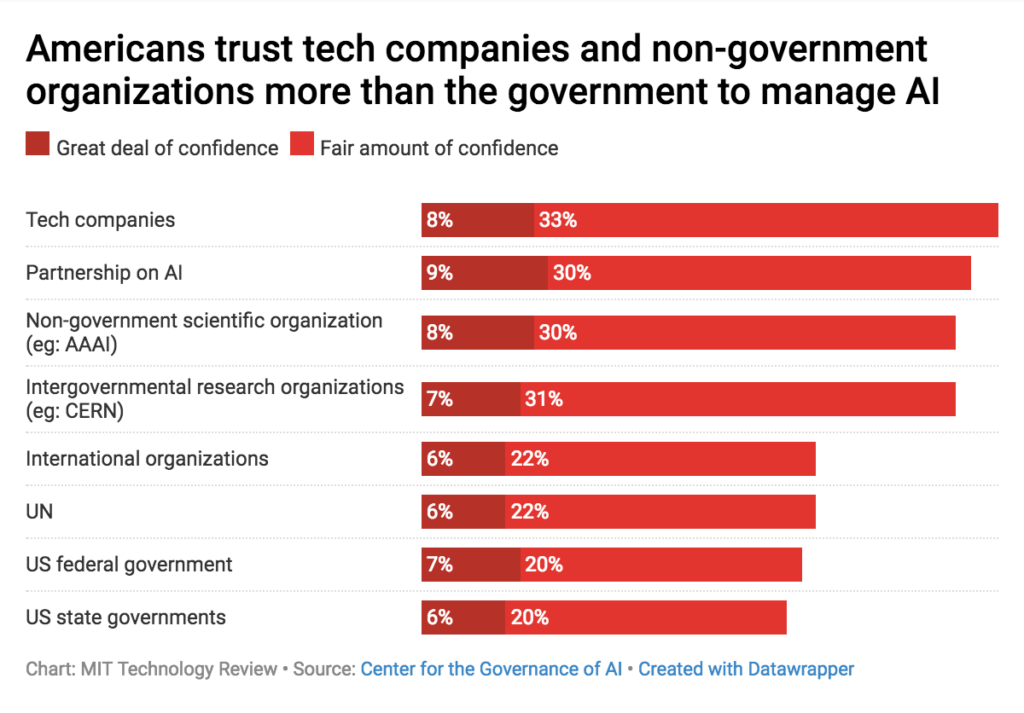The first major viral Internet meme of 2019 caused us all to dig ten years back in our photo albums and see how much we’ve changed since then. You’d think it was a harmless trip down memory lane. But one journalist proposed a theory about Facebook’s involvement in this, and it’s both genius and dubious.
The 10 Year Challenge, if you’re not familiar, prompts people to post a side-by-side of a photograph of themselves today and from 2009. It’s basically the largest archive of “then and now” photographs. Shortly after the entire Internet participated, Kate O’Neill created a tweet that completely changed my thoughts on this:
Me 10 years ago: probably would have played along with the profile picture aging meme going around on Facebook and Instagram
Me now: ponders how all this data could be mined to train facial recognition algorithms on age progression and age recognition— Kate O’Neill (@kateo) January 12, 2019
Essentially, Kate alluded to the fact that Facebook (owners of the most powerful facial recognition algorithms on the planet) could use all of this data to train an algorithm to predict how someone’s face might age over time. Kate’s tweet picked up enough steam that she would then create an entire article describing in detail what she was thinking.
How could this technology be useful in society?
Aside from satisfying everyone’s fascination in wanting to know what they’d look like when they grow old, there’s actually many industries who stand to benefit from this tech. In particular, three future applications stood out to me from her argument:
- Age progression algorithms could help find missing kids. Last year police in New Delhi reported tracking down nearly 3,000 missing kids in just four days using facial recognition technology. If the kids had been missing a while, they would likely look a little different from the last known photo of them, so a reliable age progression algorithm could be genuinely helpful here.
- Age recognition for targeted advertising. Ad displays that incorporate cameras or sensors can adapt their messaging for age-group demographics will likely be commonplace before very long. That application isn’t very exciting, but stands to make advertising more relevant. But as that data flows downstream and becomes enmeshed with our location tracking, response and purchase behavior, and other signals, it could bring about some genuinely creepy interactions.
- Age progression could someday factor into insurance assessment and health care. For example, if you seem to be aging faster than your cohorts, perhaps you’re not a very good insurance risk. You may pay more or be denied coverage.
These were all very interesting future outlooks for this technology that I could actually see being deployed. Did Facebook create the challenge so that they could gather loads of data? Probably not. Will they capitalize on the opportunity? Possibly. I wouldn’t blame them if they did.
If anything, it sheds light on the culture surrounding AI today.
AI Skepticism
We’re in an odd time where we have to look at the absolute worst case scenario of AI because we’re so unsure. Our level of skepticism of tech companies has risen because we really don’t know if we can trust them. I mean, the fact we can’t even trust the motivations behind viral Internet memes is crazy. I’m actually buying into Kate’s theory.
The true problem is that among all this AI uncertainty there’s really not a whole lot of direction for the average person. Aside from going back to school to learn these complex systems, nobody really knows where to turn.
Finland recently took a very interesting stand on AI:
Tens of thousands of non-technology experts are taking part in a grand experiment aimed at repurposing the country’s economy toward high-end applications of artificial intelligence. The idea has a simple, Nordic ring to it: Start by teaching 1 percent of the country’s population, or about 55,000 people, the basic concepts at the root of artificial technology, and gradually build on the number over the next few years.
Janosch Delcker, Politico
This experiment is very timely and will likely solidify their country’s presence as a foremost authority on AI. Why don’t other countries make a similar plan?
Well, the simple fact is that the general population isn’t particularly interested in the government getting involved in AI:

Universities will forever be a hotbed for AI ideas. However, when we look past the universities, where do they go after their ideas are developed. Is it to the government or the corporate world?
This is not a blanket decision. Personally, I err on the side of privatized companies. For that reason, I think we must cut Facebook some slack.
It’s a Tool, Not a Reality
The world wants to hold Facebook and other social media accountable for many of the world’s problems right now.
Chances are you’ve seen at least one acquaintance announce recently that they’re quitting Facebook. Their reasons are completely legitimate: Privacy scandals, addictiveness, fake news, unrealistic depictions of people’s lives, vitriolic comments, and so on plague the Facebook experience.
Katie Hawkins-Gaar, Vox
All of these concerns, although based in some truth, should not be the cause for us to leave this technology overall. There’s a lot of good in Facebook.
Katie, in the article The unexpected best use of Facebook, talks about how valuable Facebook was to her well-being when her husband suddenly passed away at the age of 32.
Facebook is rightly criticized as being impersonal, but that can work to your advantage when you’re worn out and have to quickly reach as many people as possible. Grieving left me exhausted and averse to spending time with friends, but I worried about becoming isolated. Facebook allowed me to stay connected when I was too heartbroken to do much else.
Katie Hawkins-Gaar, Vox
Katie would go on to find a Facebook group for young widows and widowers – a community she refers to as her saving grace. It’s refreshing to hear Katie’s account of the good that Facebook is bringing to world.
Recently, I was reminded of the value in Facebook on a personal level. My extended family has started doing daily Messenger Group video chats at around 5pm. Anyone in the extended Terry family – we’re talking about dozens of people – can hop on and video chat together.
It’s reconnected us all in a way that used to only happen once a year with family reunions. And because of it, when a cousin asks for pictures of our great-grandma, for example, we’re all there and can send them instantaneously.
Nonetheless, I think we can all agree that scrolling through airbrushed photos and biased content marketing is not the beneficial, especially for hours a day. However, when you find ways to use FB to its full potential, it’s a great tool. And so in looking to the future of social media, new platforms inevitably will emerge (I’ve discussed a few of them here).
Really, though, the future of social media is what you make of it.
If you want to spend your time deep in the “hate speech trenches of Twitter warfare”, then that’s the experience you will continue to propagate. If you want to spend your time on social media in meaningful ways, then you’re going to look to Facebook as a mechanism for your growth and the growth of others.
You’ve got the remote control. Whatever channel you flip to is your choice.
